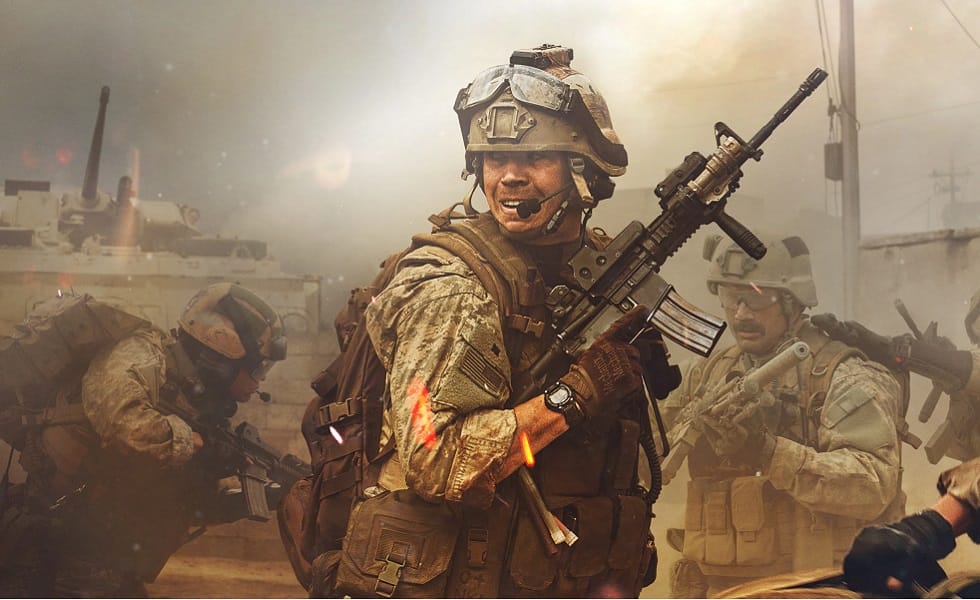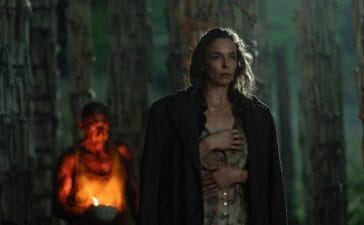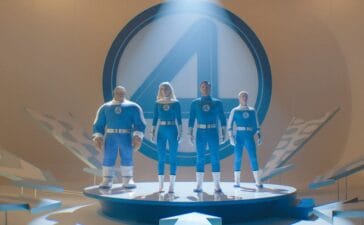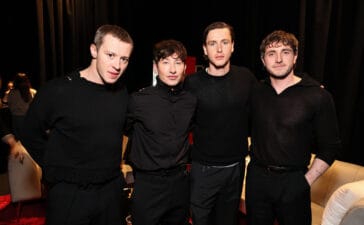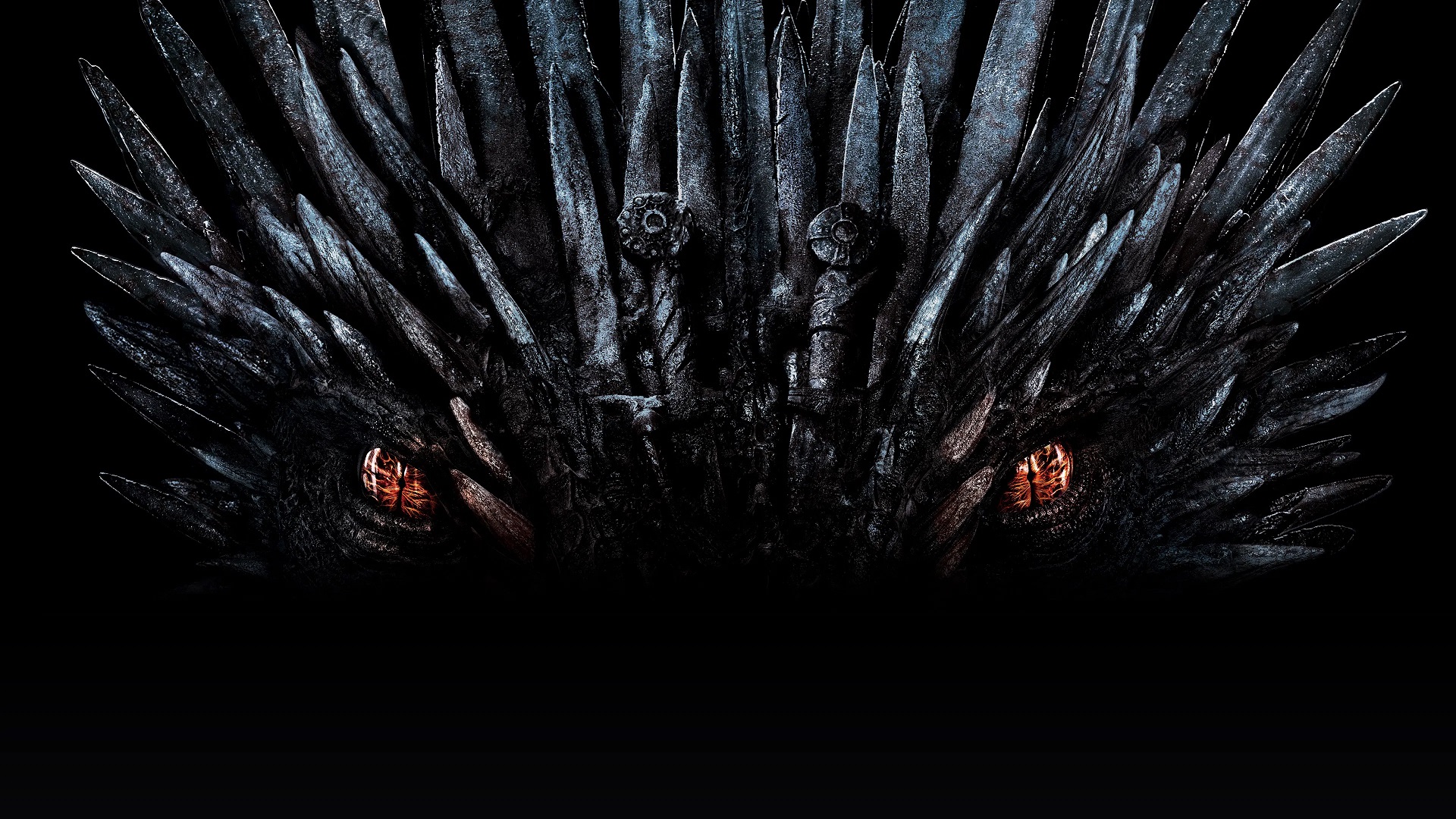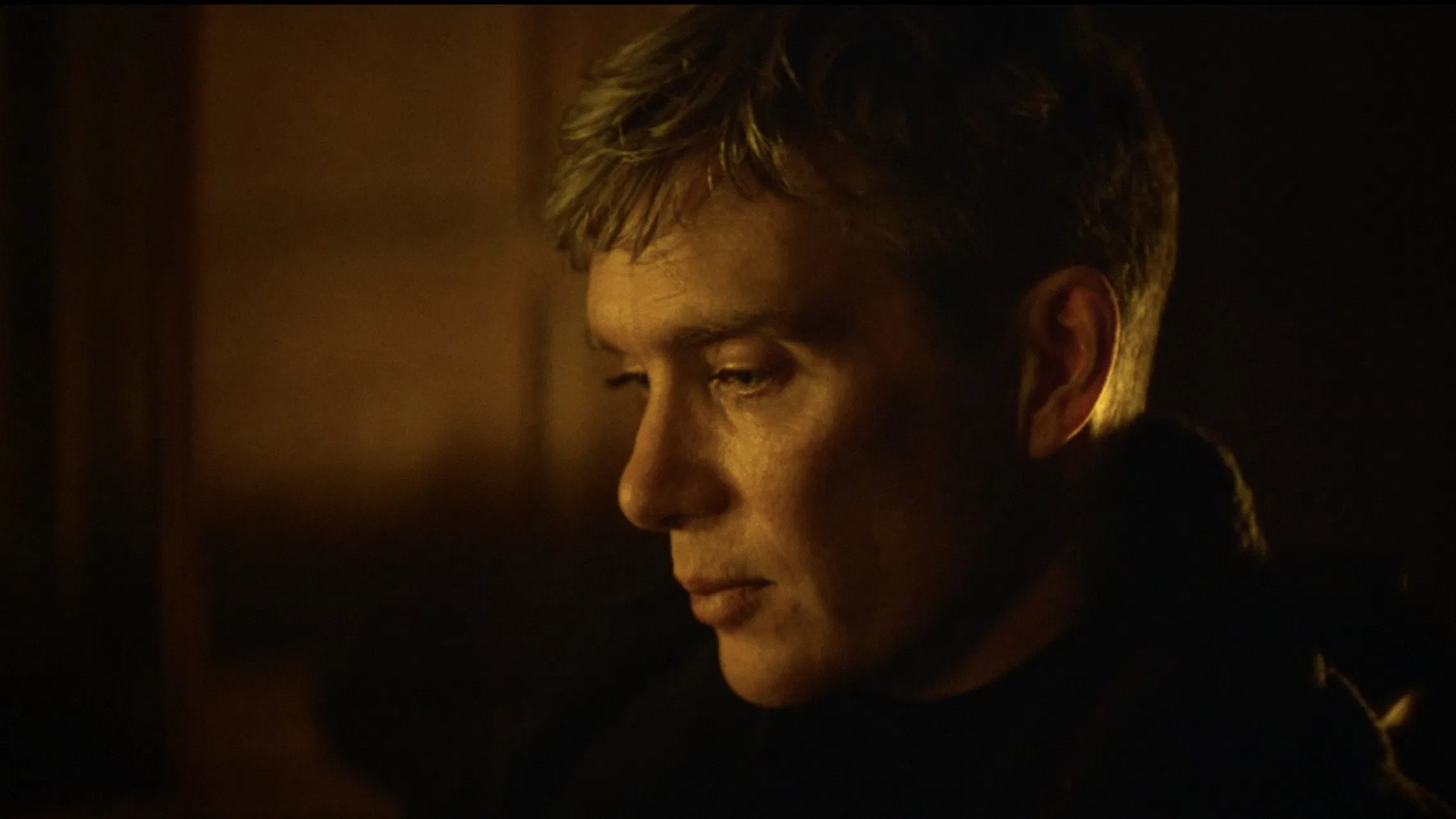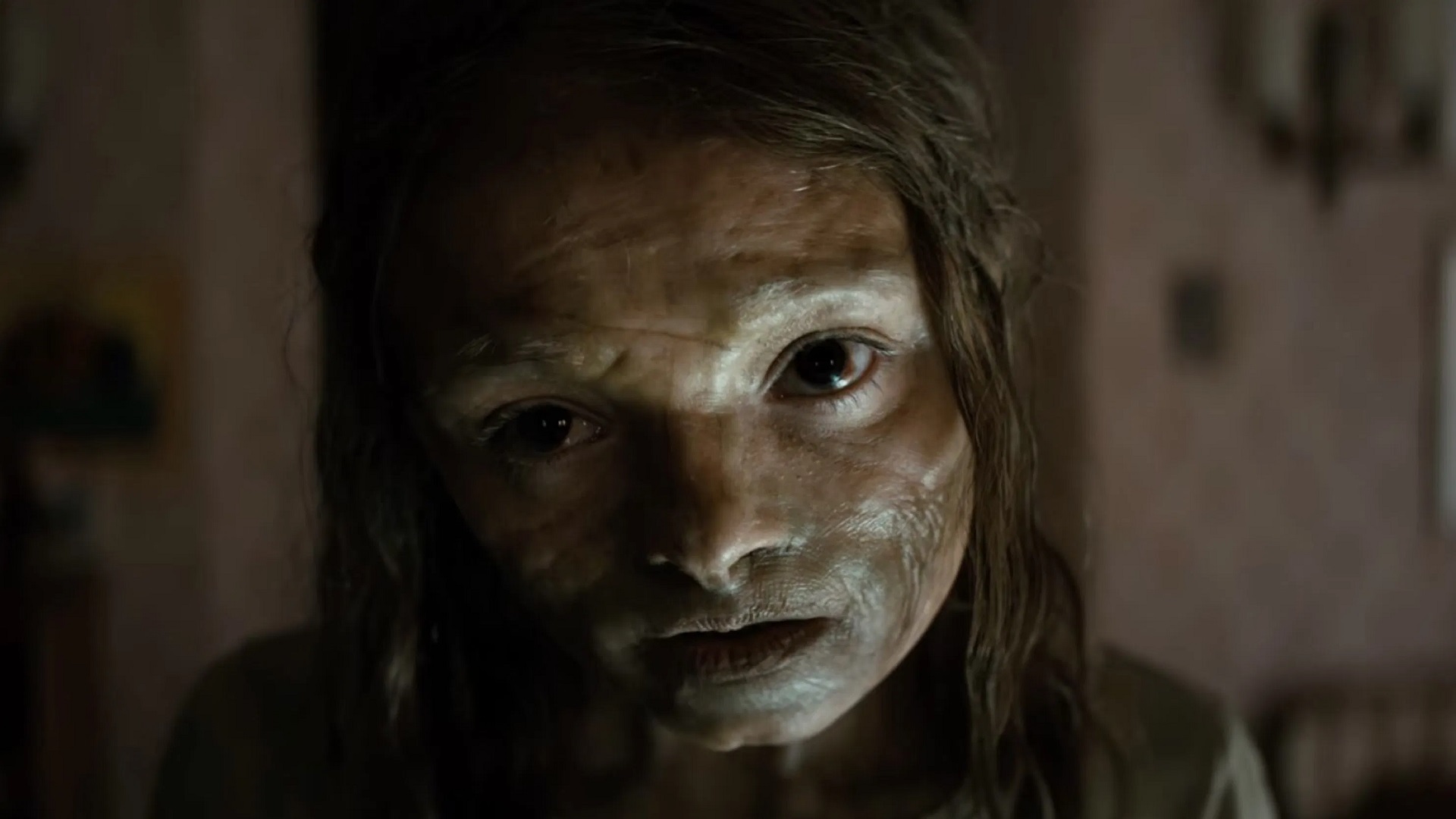For Warfare, Alex Garland co-directs with SEAL veteran Ray Mendoza for nail-biting authenticity and not much more.
Plenty of films have tried to put audiences in the thick of battle over the years. For directors working along the border between action flicks and war movies, it’s BTS boilerplate. How many times have you seen some guy in baseball cap and wraparound sunnies intoning something along those lines in an interview? Steven Spielberg’s Saving Private Ryan saw trigger warnings for veterans posted at the box office. Ridley Scott’s Black Hawk Down is almost nothing but harrowing battle. Conversely, the largely forgotten Act of Valour, a fictional film starring real Navy SEALs, arguably it gets points for casting but not much else. The Navy saw it as a recruiting tool and retained final cut. It shows.
Ray Mendoza is a former SEAL and a veteran of the Iraq War. He was also the military supervisor on Alex Garland’s spec-fic war flick, Civil War. He’s with Garland again here, co-writing and co-directing. He’s in front of the camera, too, played by D’Pharaoh Woon-A-Tai (Reservation Dogs). That we can connect Mendoza’s name to the character Woon-A-Tai plays is metatextual; names are tersely muttered here, or glimpsed on uniform tags.
Familiar faces help; the cast is impressive. Will Poulter, Cosmo Jarvis, Joseph Quinn, Kit Connor, Finn Bennett, Taylor John Smith, Michael Gandolfini, Noah Centineo, and Henry Zaga are all in uniform, playing Mendoza’s comrades. Versions of them, at least. Many are anonymised – in the nigh-obligatory actor-and-real-person roll over the credits, many have their faces blurred. It adds to the authenticity.
And authenticity really is the name of the game here, superseding all other concerns. We’re in Iraq. it’s 2006. Alpha Team One, a SEAL unit, are in an observation post set up in an apartment building. A local couple (Nathan Altai and Donya Hussen) and their kids are with them. They’re not too happy about it. Outside, the locals are getting restless. A grenade comes through the window. And it’s on.
What follows is tense, relentless, nerve-shredding combat. Extraction is hampered. Gunfire is near constant. Support is patchy. People make mistakes. A first aider accidentally doses himself with morphine. It was meant for a guy horrifically wounded by an IED. Tempers fray. Communication is key. Intel wins wars. Mendoza is a radio operator. We sort of get things from his point of view, but not exclusively.
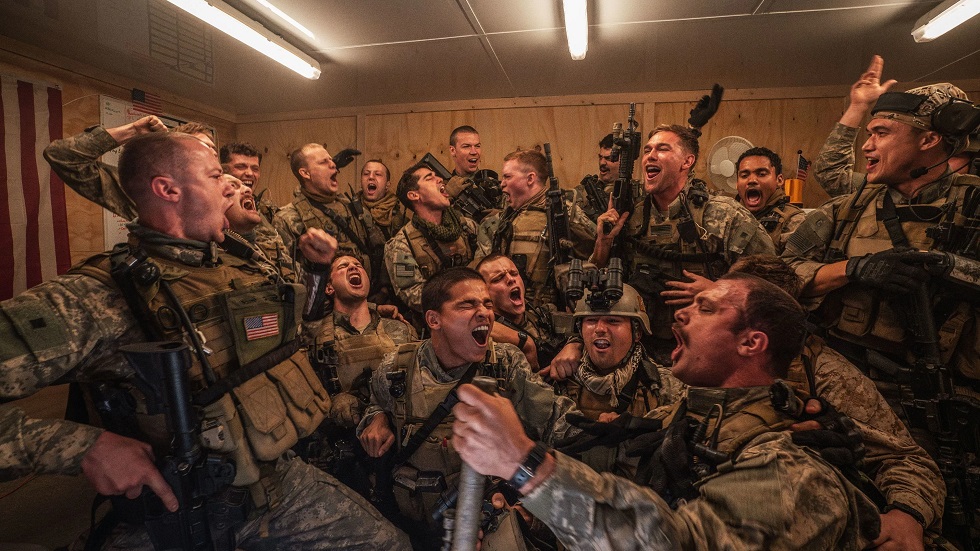
It’s based, we’re told in an early title card, on memory. A bit of an out, then – or at least an allowance to stray from strict fact. Not that you can tell; it’s all real enough for me. And chaotic. It’s warfare – title and noun. Who could keep recollections straight anyway? The opposing forces are rarely glimpsed. We mostly hear gunfire and explosions. Friendlies are often unrecognisable. Will Poulter‘s helmet hides his eyebrows. He could be anyone.
And that’s the problem with Warfare – title rather than noun this time. It’s not quite a movie. Not in the traditional sense. It’s one long scene, really. Apart from an early moment where the men dance to the none-more-horny music video to “Call on Me”. The axiom in screenwriting is that action is character. Warfare, not an action movie, is nonetheless all action. Surely it’s all character, then?
No, and that’s where it falters. As a technical exercise, it’s superb. As an act of cinematic sense memory, I have to assume it’s unsurpassed. But it’s an anchorless scene. It needs to be buttressed by story – ideally story as authentic and impactful as the violence here. But it’s not.
I suspect it’ll do better in the States. Critically, at least. It’s a cultural thing. Militarism runs deeper in the American soul than they realise. That whole support-the-troops thank-you-for-your-service thing. They salute the uniform. The uniform can stand in for character at times. Australia has that a little, to a much lesser degree. More so than when I was young, though. ANZAC Day has a different tenor now.
Warfare is… interesting to me. Troubling. It’s not a recruiting tool. Not overtly, at least. Not intentionally, I think. I recommend it in part because it troubles me. You should check it out. You should have a think.


